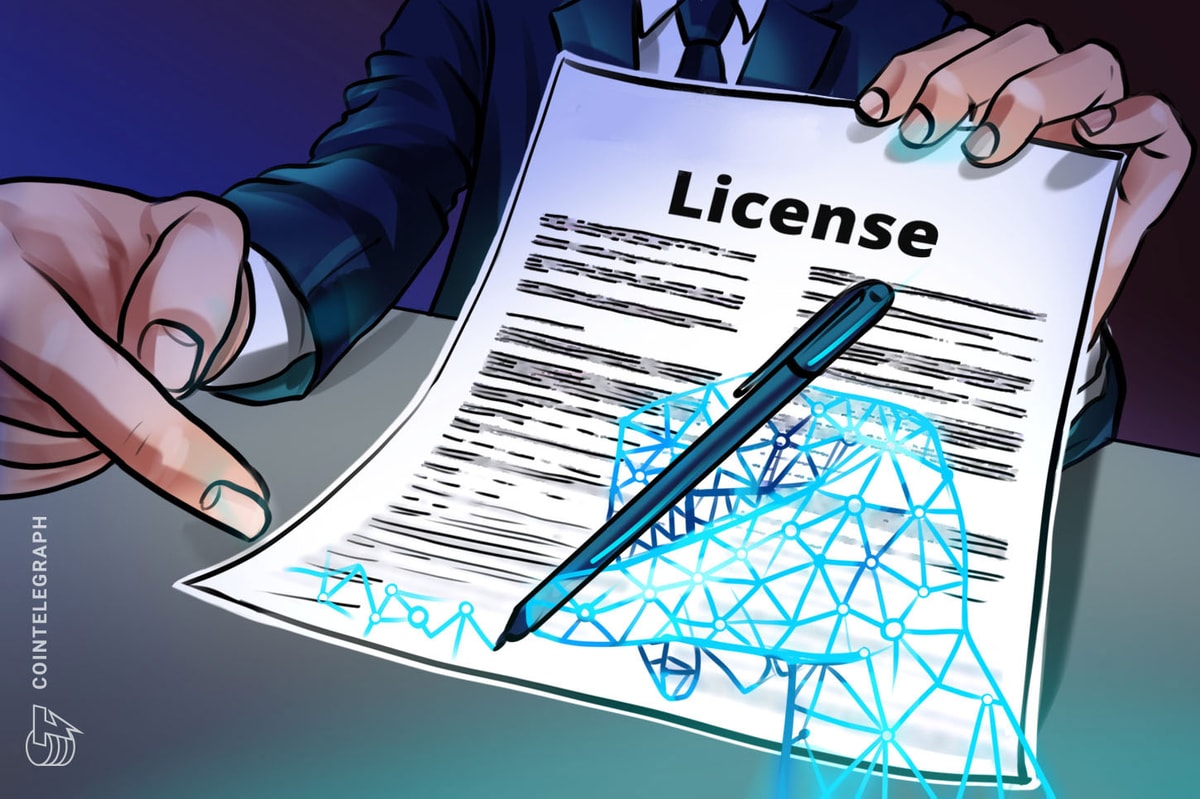OKX and Crypto.com secure full MiCA licenses, enabling regulated crypto services across the EU.
News
Crypto exchanges OKX and Crypto.com have received full licenses under the European Union’s Markets in Crypto-Assets Regulation (MiCA).
On Jan. 27, OKX announced that it had received its full MiCA license through its dedicated crypto hub in Malta, while Crypto.com also received its full MiCA license on the same day.
Crypto exchange OKX MiCA license. Source: MFSA
Granted by the Malta Financial Services Authority (MFSA), the licenses allow the exchanges to offer regulated crypto services to Europeans.
Passporting services across the European Union
One of the key features under the MiCA regulations is called “passporting.” This allows registered and licensed businesses to offer services to other EU countries under a unified regulatory framework. This simplifies crypto access for those who live in the European Economic Area (EEA).
OKX and Crypto.com said they will offer services throughout the EEA, taking advantage of the passport feature.
OKX plans to give EEA users access to its over-the-counter (OTC), spot and bot trading services for crypto tokens. Its website and mobile application will also provide local language customizations and displays to support users within the region. Meanwhile, Crypto.com said it would offer a “range of crypto services” to the region.
OKX Europe CEO Erald Ghoos said the license establishes a “strong foundation” for the industry to grow in the region. The executive said Europe holds “immense potential” as a digital asset and blockchain cornerstone.
Crypto.com president and chief operating officer Eric Anziani praised the European Union for its “foresight” in designing and implementing the regulatory system. Anziani said the license allows them to streamline operations to ensure compliance and seamless cross-border activity.
Related: Winklevoss twins’ Gemini exchange selects Malta as Europe MiCA hub
Bitpanda receives MiCA license in Germany
Austrian fintech platform Bitpanda also announced its MiCA license approval on Jan. 27. The firm’s CEO, Eric Demuth, highlighted the importance of enforcement for the regulation’s success.
Demuth told Cointelegraph that the regulatory framework’s effectiveness will depend on enforcement by EU regulators:
“The real question is whether the EU will have both the resources and the determination to take action against those who disregard the regulation.”
The executive believes that without consistent enforcement, the legislative milestone “risks being ineffective” and will put licensed entities in a worse position.
Magazine: How crypto laws are changing across the world in 2025
This article first appeared at Cointelegraph.com News


